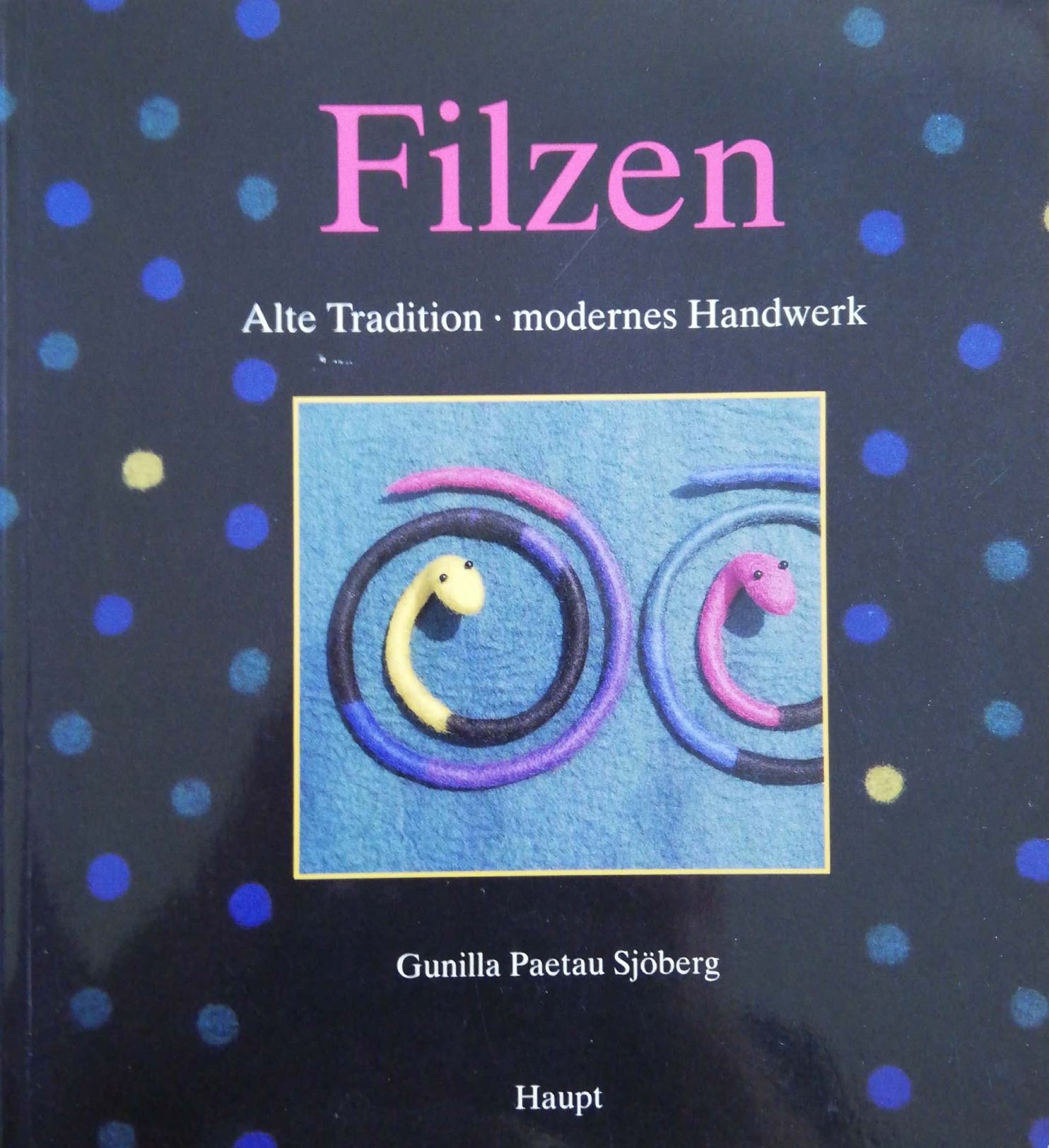The Dodo Blog
Today we’re looking at what I see as the last two pieces of the pricing puzzle. If you haven’t read the first part of this series, I recommend you do so, since today’s blog post builds on the first one.
But, before we start, I’d like to address the questions I got from last week’s article. They mai...
You probably know me as a wet felting teacher, because I haven’t sold my work for a long time. But, for years, I mainly felted and offered my pieces in markets, on Etsy and in shops specializing in handmade items.
Lately, I’ve been considering going back to creating work to sell. And this has made ...
Years ago, I wrote a couple of blog posts about prefelts, but there are many details I didn’t mention back then. Since I still get a lot of questions about the topic, I thought it would make sense to write a new, more complete and up to date series.
This first part caters to new felt makers, who I ...
When we start a new hobby, the natural tendency is to imitate someone else’s style. And there’s no reason to feel bad about it. We all do it. I did it too. When I was discovering wet felting, I had no clue how I could explore it. Following what other felt makers were doing was the only way to learn ...
Do you ever have moments of taking a glimpse at your felting table and thinking “OMG, look at all this plastic”? It’s happened to me often, so I’ve been trying to substitute it for other materials whenever I can. And I’ve also been thinking about writing a couple of tips for the felt makers who are ...
In 20 years of felt making I haven’t (yet!) had any issues with moths. It may just have been luck or because of the way I store my wool. It’s definitely not because I don’t have tons of wool in my studio 😊
Since I frequently get questions about how I store my wool, as well as how to prevent moth at...
"Filzen: Alte Tradition, Modernes Handwerk" (German version)
"Felt: New Directions for an Ancient Craft" (English version)
by Gunilla Paetau Sjöberg

This might be the best book about wet felting I have. And I do have many 😊
It’s over 20 years old, it doesn’t have amazing photos and it has a l...
I’ve often been asked for tips on how to wet felt when you have health issues like back pain or arthritis.
Personally, I’ve also dealt with pain that was either caused or worsened by the strain I’ve put on my body due to wrong postures during wet felting.
It’s irrefutable that felting is a very ph...
Are you having issues getting your wet felted bowl to have a perfectly round shape? Or maybe you’ve felted a flat round piece, but, after fulling, it doesn’t look like a circle anymore? Your layout may be the cause of this distortion.
Wet felting doesn’t have many rules, so it allows for different ...
In the last couple of weeks, we’ve been looking at the topic of resists. But the focus was more on what you need to know at the beginning of your wet felting journey.
If, instead, you’re a more seasoned felt maker, you might be facing other issues, like what to do with the piles of resists and pape...
The video above goes into the following details:
How to felt with resists
When you felt with a resist, you need to lay out the wool on both sides to cover the resist completely. The wool layers need to then go beyond the resist edge, so that some of the wool can be turned over to the other side. ...
WHAT ARE RESISTS?
By definition, a resist is anything you use between two pieces of wool to prevent that they felt with each other. In other words, you need to use a resist when you want to make a hollow object.
Only after the flat piece is created can you shape it into a 3D object. So, if you wan...



